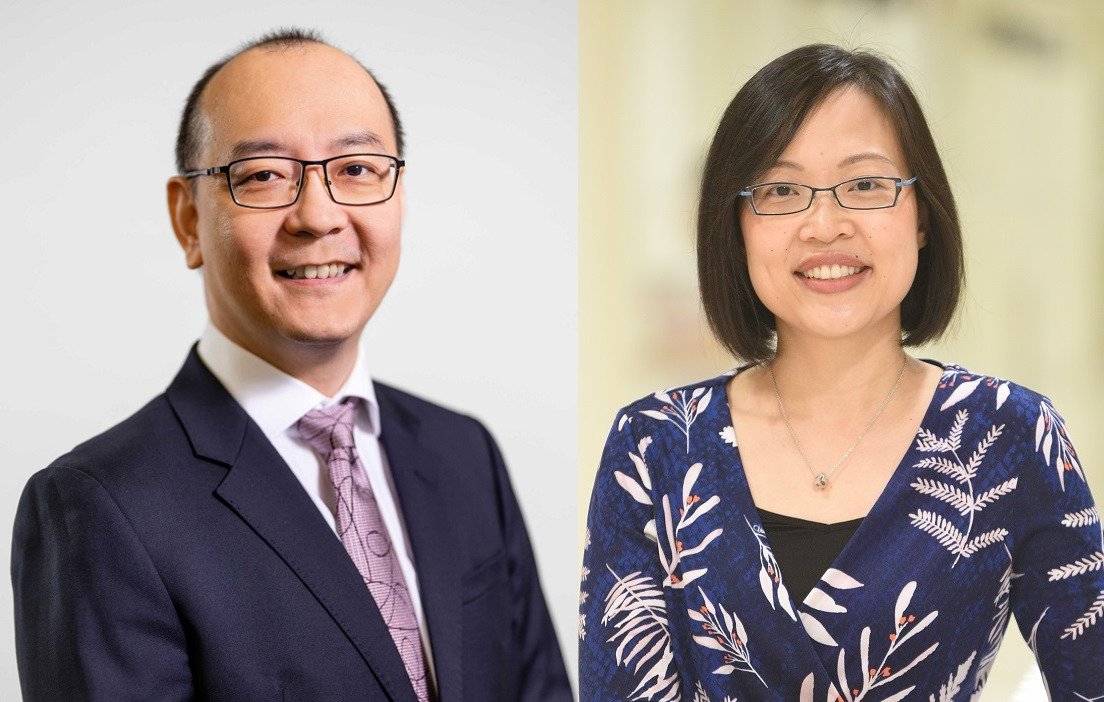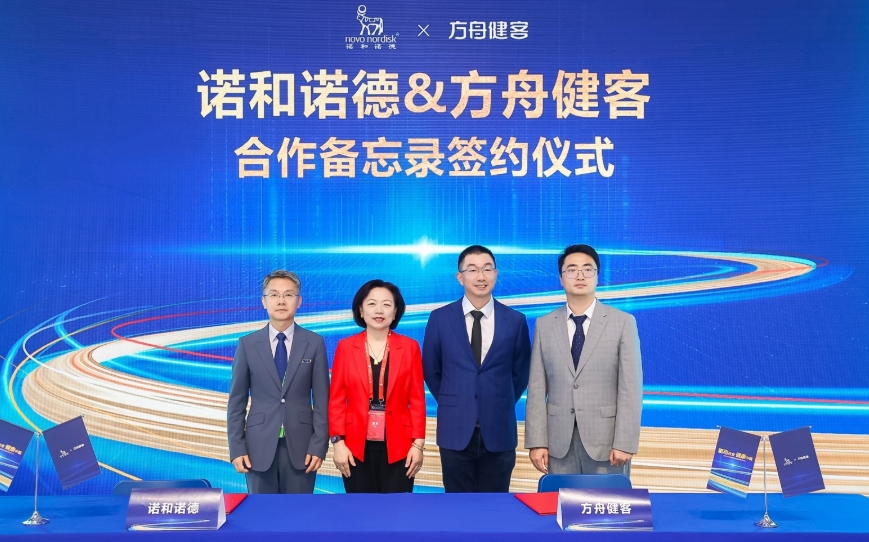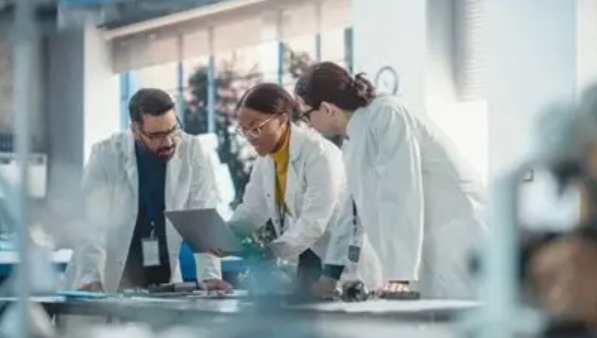
Right: Adjunct Associate Professor Chee Cheng, National University Cancer Institute, Singapore (NCIS)
Left: Professor Chng Wee Joo, Vice President (Biomedical Sciences Research), Office of Deputy President (Research and Technology) at the National University of Singapore (NUS)
National University Cancer Institute, Singapore (NCIS) has announced that the Adjunct Associate Professor Chee Cheng Ean will be the new director of the National University Cancer Institute, Singapore (NCIS) from 1 September 2023. Adj A/Prof Chee, who has been the Deputy Director (Clinical) at NCIS since 1 April 2021, will be taking over the position from Professor Chng Wee Joo.
Prof Chng, as the Yong Loo Lin Professor in Medical Oncology, is an esteemed researcher in the fields of genomics, therapeutics and haematologic malignancies, with a wealth of experience spanning clinical practice, administration and leadership. As Lead of the NCIS Transformation Office, Adj A/Prof Chee aspires to better align staff with the organisation’s vision for 2030 while advocating staff wellness and well-being. She has been driving clinical transformation in NCIS for the last few years.
"I am dedicated to fostering an environment that nurtures creativity and embraces change. Together, we will leverage cutting-edge research, the latest technological advancements, and the power of multidisciplinary collaboration to drive us towards our vision for 2030” added Adj A/Prof Chee.
Adj A/Prof Chee’s leadership has been marked by successful initiatives to improve patient care and operations at NCIS, even amid COVID-19 challenges. One such initiative has enabled a procedure called abdominal paracentesis, which used to require hospitalisation, to be transitioned safely to the outpatient setting. The procedure involves drainage of ascites (excessive fluid from the abdomen) to relieve symptoms. At least 700-bed days have been saved with the nurse-led ambulatory abdominal paracentesis service at the NCIS Short-Stay Ward and this service is now available to all NCIS patients. This initiative won NCIS the Excellence Award under the Patient Experience Improvement category of the Asian Hospital Management Awards in 2022.
Adj A/Prof Chee was also instrumental in establishing the NCIS Survivorship Programme, which focuses on follow-up care for cancer patients in the community. The programme aims to integrate and provide continuity of care for cancer survivors in the community they live in. The programme, now known as the NCIS Follow-Up Cancer Care in the Community Programme, is available for selected breast and colorectal cancer patients who transition to community care after five years of cancer surveillance at NCIS. Patients have provided feedback that this initiative allowed greater convenience, with shorter wait time and reduced travelling costs. Likewise, NCIS bagged gold in the Asian Hospital Management Awards for this programme in 2019.
Professor Chng Wee Joo steps down after nine years from NCIS to lead as Vice President (Biomedical Sciences Research) at the National University of Singapore (NUS) from 1 September 2023.
Prof Chng will be appointed Vice President (Biomedical Sciences Research) in the Office of the Deputy President (Research and Technology) at the National University of Singapore (NUS) from 1 September 2023. He continues in his roles as Group Director at the National University Health System Research Office, Senior Principal Investigator at the NUS Cancer Science Institute of Singapore, as well as Executive Director of the Singapore Translational Cancer Consortium. He will relinquish his role as Vice Dean of Research at NUS Yong Loo Lin School of Medicine from 1 January 2024.
Prof Chng, has produced highly translational research – including using global genomic techniques to understand drug resistance and improve disease prognosis in haematological malignancies – that has helped to personalise treatments and improve patient outcomes. His impactful research has won him numerous national and global accolades. He holds the Ministry of Health’s National Medical Research Council Senior Translational Research (STaR) Award, the highest tier of clinician-scientist awards, as well as the Mochtar Riady Pinnacle Award for Research Excellence.




